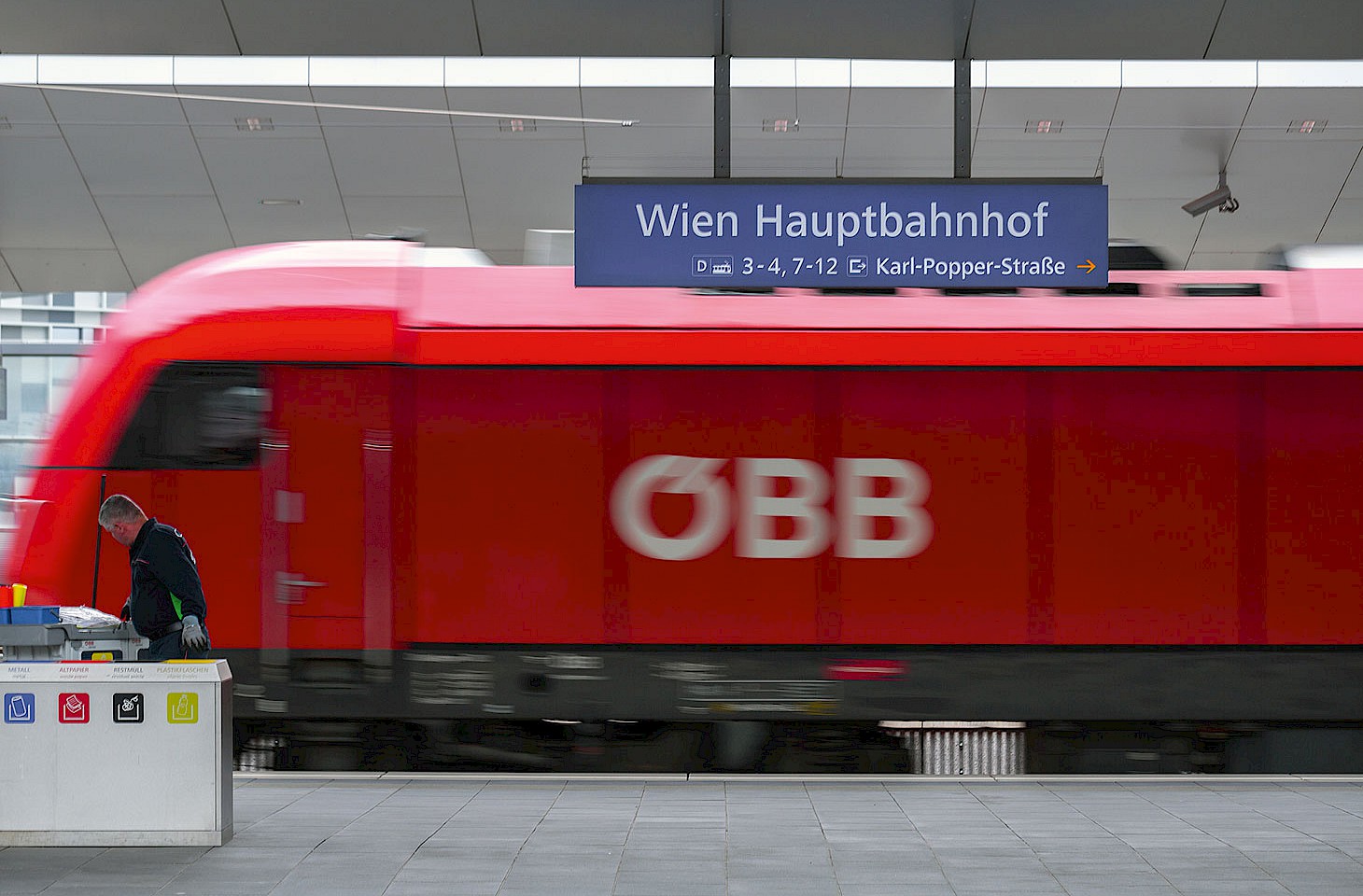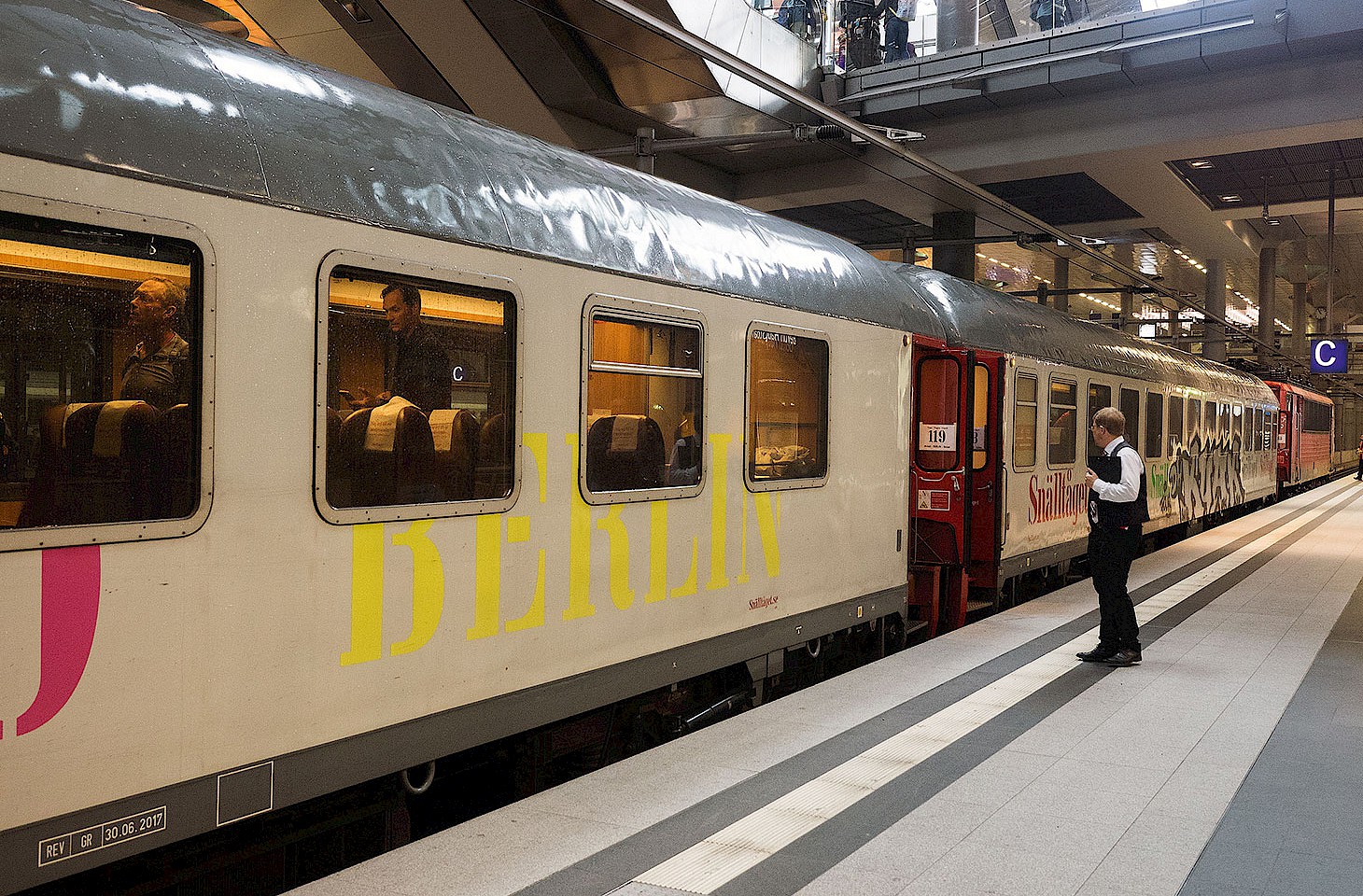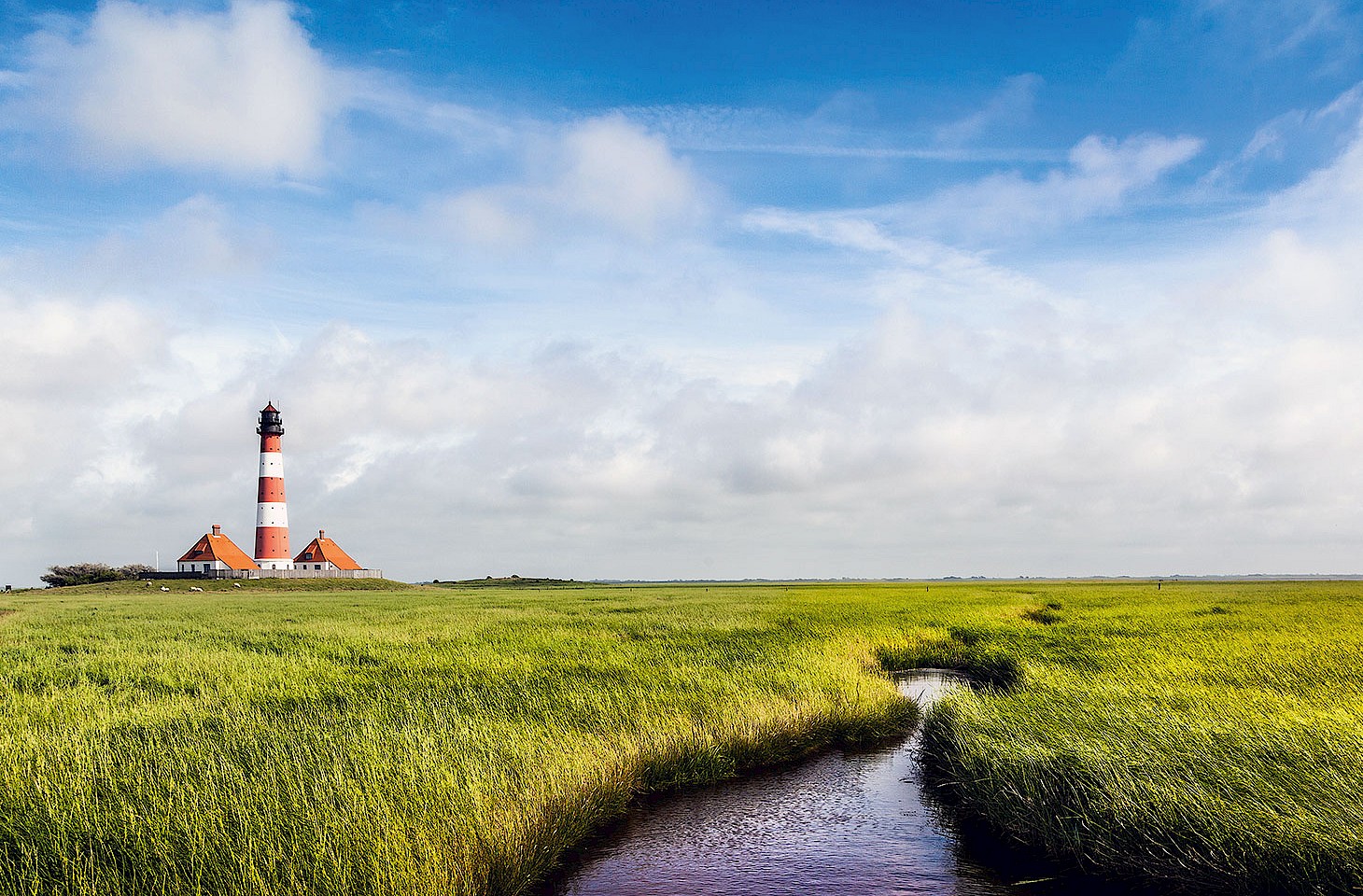Many are the visitors to Berlin who make a day trip out of the capital to nearby Potsdam. It is just a half hour journey on the train from Berlin to the small city which has as fine an assemblage of royal palaces as any feature European capital. And, for those who tire of great buildings and their manicured parklands, there are Potsdam's Dutch and Russian settlements. The Holländisches Viertel (Dutch Quarter) becomes ever smarter, and the gabled houses once built by Dutch artisans are now home to chic bars and restaurants, galleries and antique shops. On Potsdam's northern outskirts, Alexandrowka boasts a fabulous collection of Russian rural blockhouses, each surrounded by generous orchards. Visitors eat pierogi and drink vodka, before continuing up the hill to the remarkable pink Russian Orthodox church that was built for the Russians colonists who came to Alexandrowka almost two hundred years ago.
In spring and summer, the Potsdam parks and the communities around them are seductively beautiful places. Visitors wander from the domed Alexander Nevsky Church, past the Jewish cemetery and on over the Pfingstberg (Pentecost Hill) to the Neuer Garten (New Garden), a piece of exquisite landscape design that blends natural and manmade elements. The Neuer Garten area incorporates a number of roads with dwellings - some handsome villas and many more modest residences.
History fades fast in this part of the world, and few visitors to the Neuer Garten nowadays have any inkling that there is another side to this secluded area. Tourists drive through the Neuer Garten every day en route to the palace and hotel at Cecilienhof. But until 1994, the entire Neuer Garten area was a secret forbidden city - a little Russian enclave which served as a Soviet military outpost and the KGB's administrative headquarters in Germany.
Maria-Louise Steinart, Marlise to her closest friends, arrived in Potsdam in January 1945, fleeing from the fighting in the troubled lands further east. She came with her mother, her sister and her three children. There was the eldest Marlene, then thirteen, Alexander and little Lore, aged just seven. The family was lucky to get a couple of rooms at a house in the Neuer Garten, a quiet and leafy area north of town just near Cecilienhof. For the Steinart family, their new home seemed altogether grander than the small quarters they had left behind in Latvia.
Sometimes, on frosty winter afternoons, in the weeks after they arrived in Potsdam, Marlise and her children walked down from the Neuer Garten to the banks of the Havel. From the waterside there was a fine view of the chateau at Cecilienhof. And, in the other direction, the green Glienicke bridge. They liked the old bridge, and each of them was a little sad when one night around Easter an unexploded shell detonated beneath the bridge and its main deck collapsed, like a felled tree, into the Havel. It wasn't long after that the Russian soldiers arrived in Potsdam.
Peace came. So did Winston Churchill. He came and smoked cigars in the old library at Cecilienhof, just down the road from where Marlise lived. Stalin and Truman both came to meet Churchill at Cecilienhof. The old men spent the days drawing lines on maps of Europe and planning a better world. In the evenings, bands played and the visiting statesmen drank whisky.




